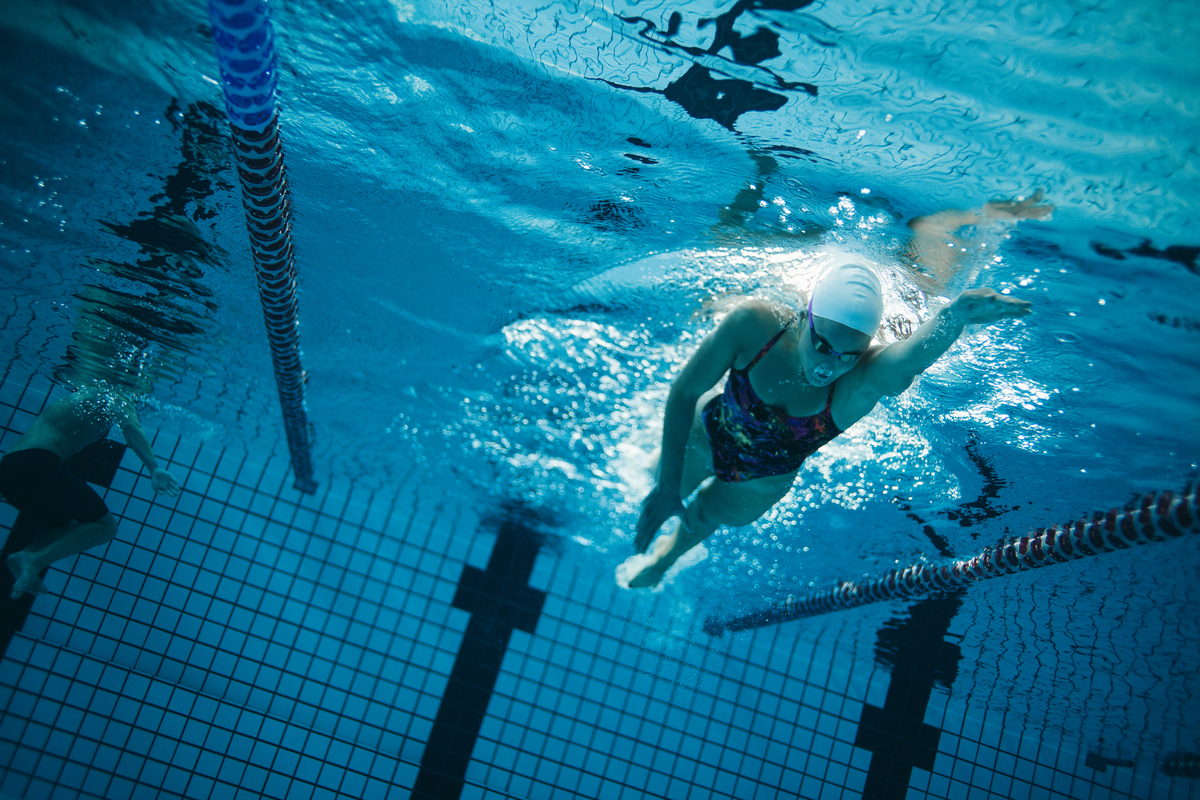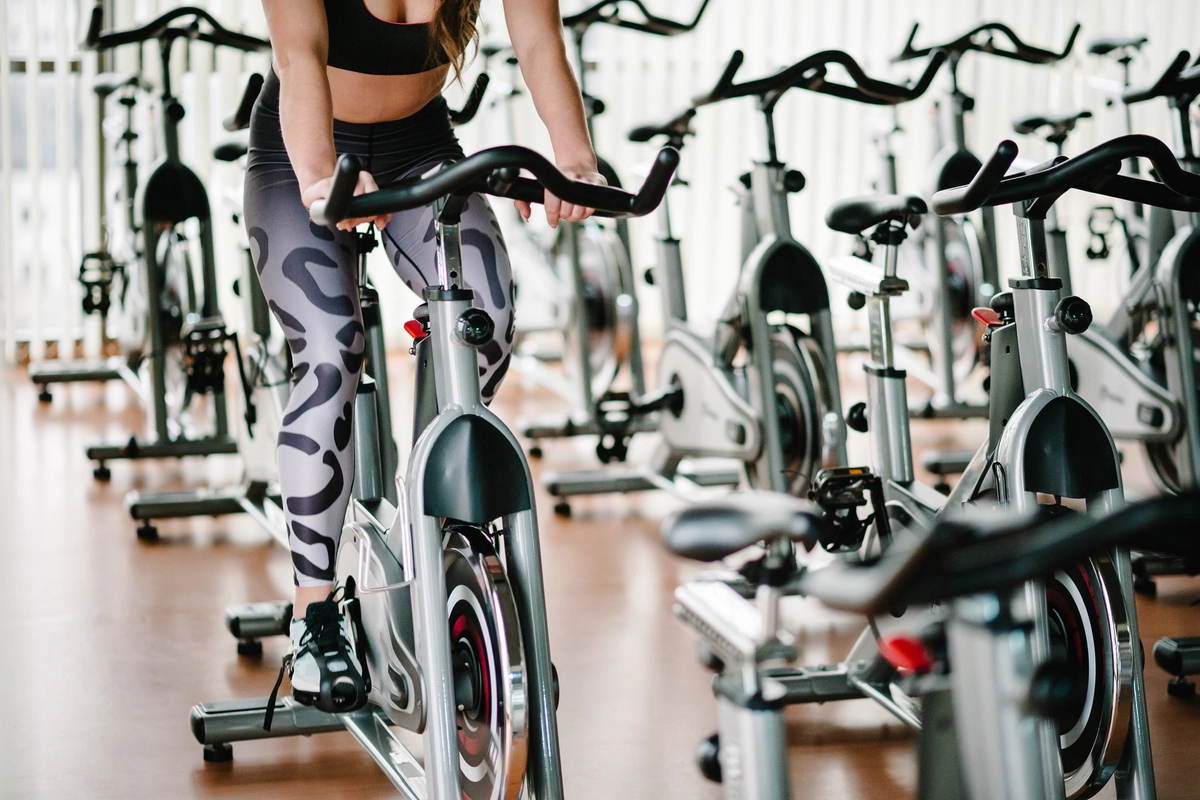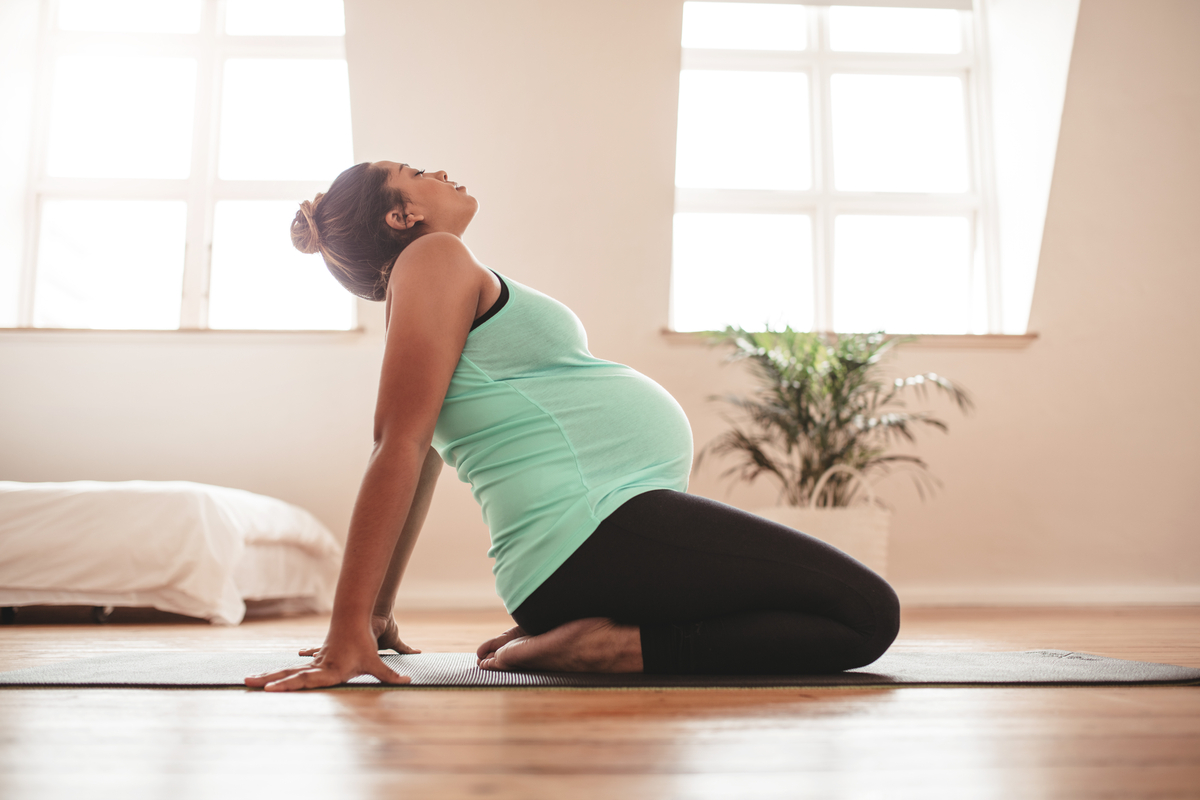As temperatures rise, it seems the only safe haven from the heat is a body of water. Whether it’s a beach, a local pool or even a swim class, you may want to try swimming for a great workout that can help you beat the heat. However, some may hesitate to head to a swim class because of a few outdated (yet all too common) misconceptions about the sport.
Swimming is one of the best forms of exercise
Old myths about eating or drinking before swimming may cause people to think it’s an inconvenient exercise. Some people think it’s not enough of a workout, while others think it leads to bulky muscles.
These old-fashioned ideas shouldn’t keep you from getting a great workout. Let’s debunk five common swimming myths so we can all enjoy this refreshing and invigorating exercise.
“Swimming will make your arms and shoulders bigger.”
It’s a common myth that swimming will make your arms and shoulders “bulk up” in an unflattering way. While swimming is great for the arms, it’s really a total body exercise. Since it’s a cardio exercise, it’s great for building lean muscle mass. In order to visibly bulk up, you’d need to incorporate a weight-training program into your regimen, alongside the swimming, that is specifically designed for building muscle mass.
“Eating before swimming will make you cramp up.”
We all heard this one from adults when we were children: “If you eat within an hour of swimming, you’ll cramp up and drown.” Nobody is sure where this scare tactic originated, but it was likely an agitated parent trying to keep their child out of the water. There’s no scientific evidence to back up this claim. In fact, many professional swimmers that are in the pool for long hours throughout the day like to eat a healthy meal or snack beforehand so that they’ll have sustained energy during their practice.
“The more body fat you have, the better you can float/swim.”
We all have one friend or relative that thinks that they can’t swim as well as you because they’re a “sinker.” Contrary to popular belief, buoyancy is not determined by your body weight or musculature. Anybody can learn to swim if they’re willing to practice. If lean muscle mass made you a “sinker,” you wouldn’t see very many Olympic swimmers making the record-breaking swim times that they do.
“Swimming doesn’t burn a lot of calories.”
Because swimming is a low-intensity exercise, people of all ages and skill levels can partake in it. It’s also a go-to exercise for people with arthritis or those recovering from joint injuries. But don’t mistake this joint-friendly exercise for an easy one. Depending on the intensity and the length of the swim, you can easily burn hundreds of calories. It’s a cardio workout that builds lean muscles and increases lung capacity. Low-impact does not necessarily mean low-calorie burn.
“You don’t need to drink as much water while you’re swimming.”
Whether it’s because it’s a low-impact exercise or because it’s done in a body of water, many people have the impression that they don’t need to drink as much water when they’re swimming as they do during other forms of exercise. In actuality, hydrating while swimming is very necessary and can actually prove harmful if you don’t do it.





